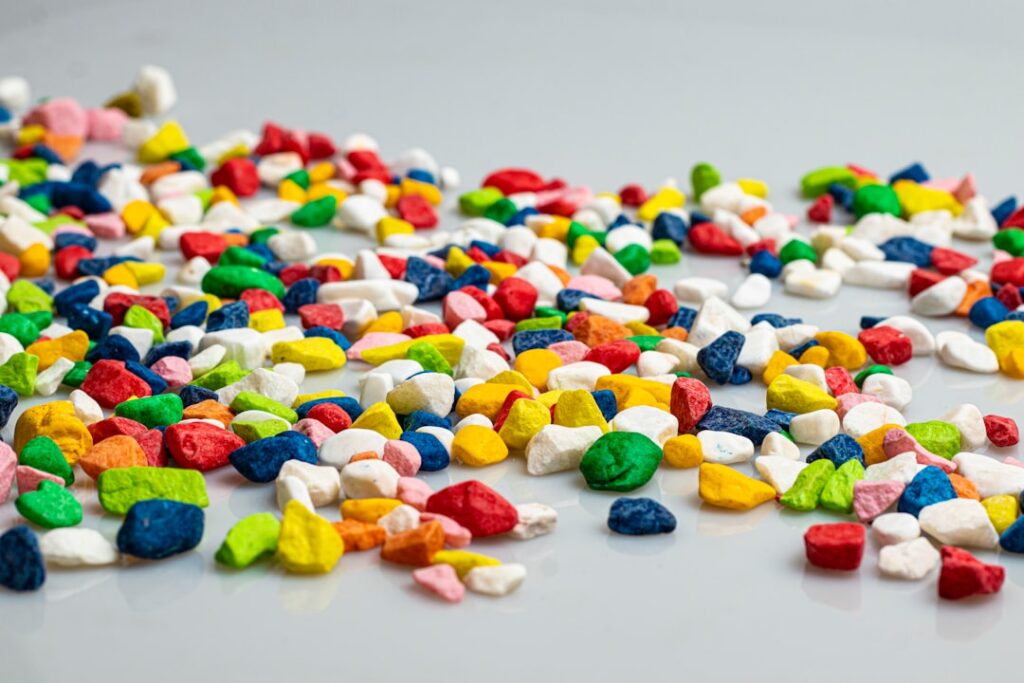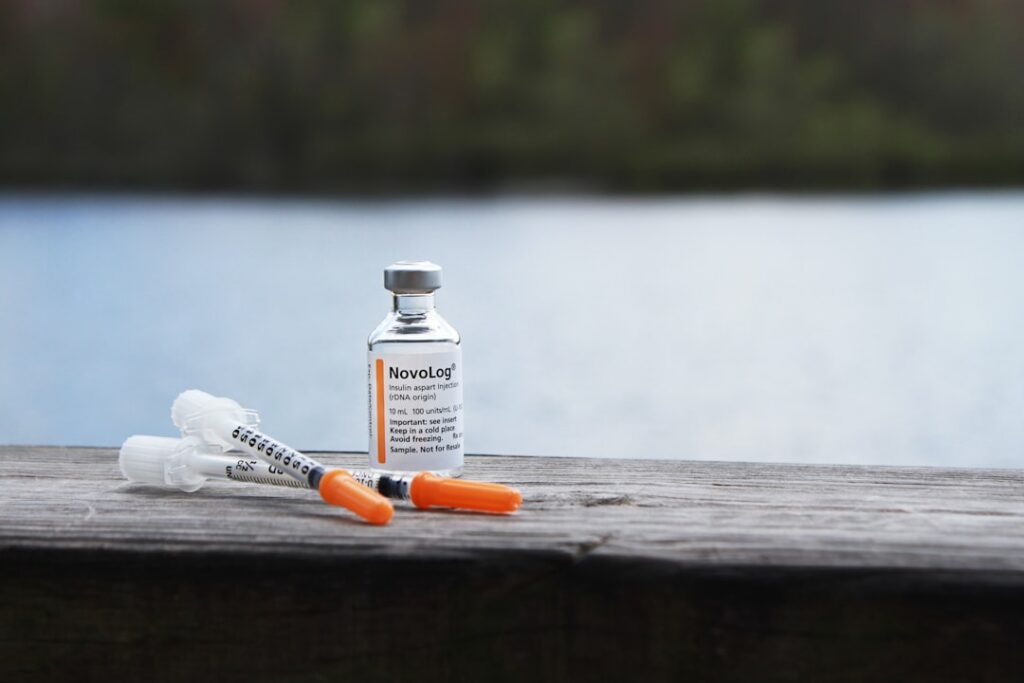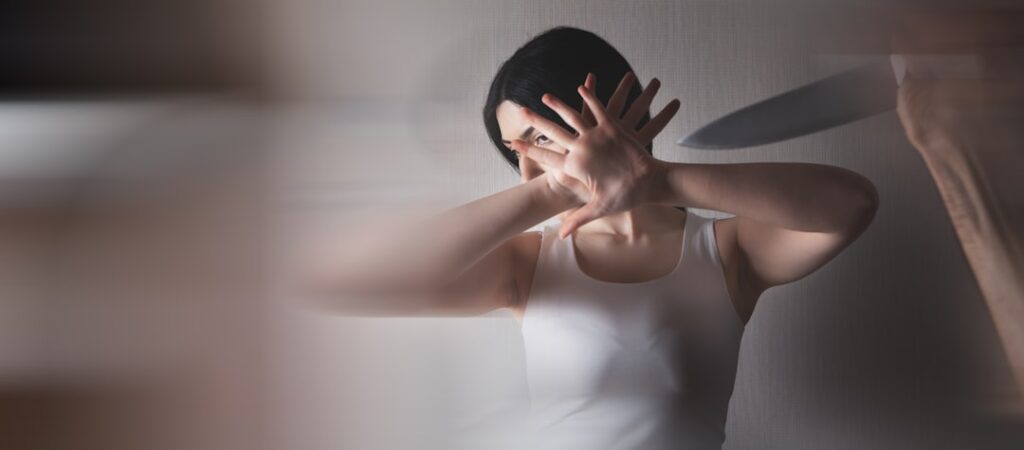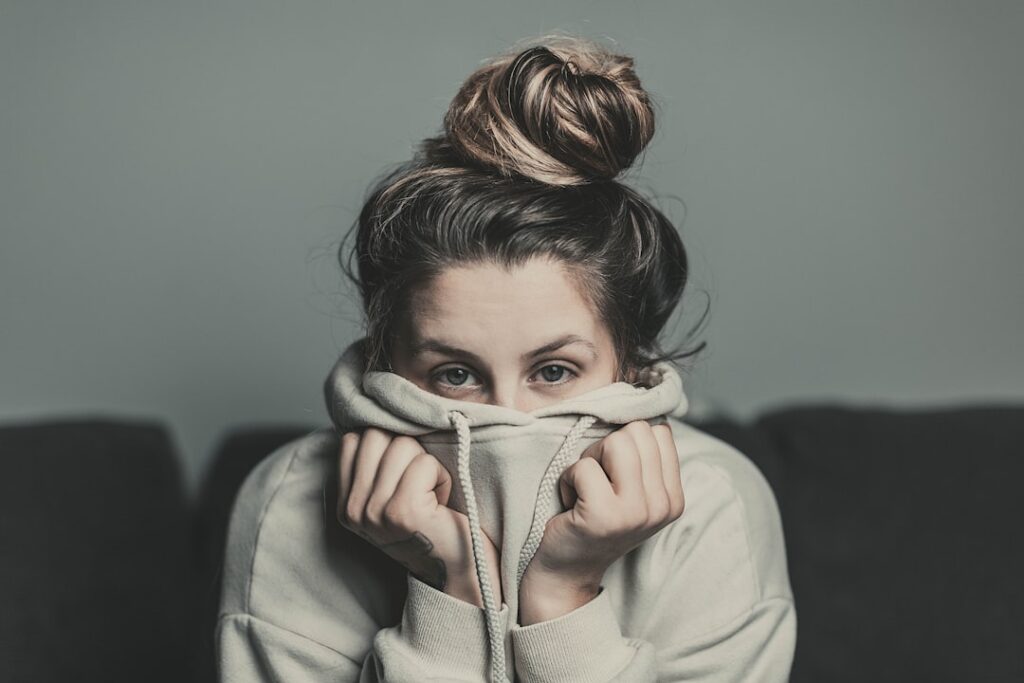The Impact of Social Media on Mental Health
Social media has become an undeniable force in our lives, connecting us globally and providing instant access to information. However, this constant connectivity comes with a hidden cost. A growing body of research reveals a disturbing correlation between increased social media usage and a rise in anxiety and depression. Understanding this connection is crucial for protecting our mental well-being.
The Illusion of Perfection
One major factor contributing to this link is the curated nature of online profiles. We predominantly see highlight reels, not the full picture. Social comparison becomes rampant, leading to feelings of inadequacy and low self-esteem. Seeing others’ seemingly perfect lives can fuel feelings of envy and dissatisfaction with our own. This relentless exposure can significantly impact mental health negatively.
Cyberbullying and Online Harassment
The anonymity offered by the internet can embolden negative behaviors. Cyberbullying and online harassment are sadly prevalent, causing significant emotional distress and contributing to anxiety and depression. The constant barrage of negativity can be incredibly damaging, especially for vulnerable individuals.
Fear of Missing Out (FOMO)
The constant stream of updates and events showcased on social media fosters a pervasive fear of missing out (FOMO). This anxiety is fueled by the perception that others are having more fun or leading more fulfilling lives. This constant comparison and feeling of exclusion can lead to heightened stress and anxiety levels.
Social Media Addiction and its Consequences
Many users find themselves trapped in a cycle of compulsive social media usage. This addiction takes away from real-life interactions, contributing to feelings of isolation and loneliness, exacerbating existing mental health issues. This isolation only worsens feelings of depression and anxiety.
Sleep Disruption and Physical Health
Excessive social media use often disrupts sleep patterns, impacting both physical and mental health. The blue light emitted from screens interferes with melatonin production, hindering sleep quality. Consequently, poor sleep exacerbates anxiety and depression, creating a vicious cycle.
Reduced Face-to-Face Interaction
Ironically, increased social media use often correlates with decreased real-life social interaction. This decline in face-to-face communication can lead to feelings of isolation and loneliness, directly impacting mental well-being. It is crucial to prioritize genuine connections in the offline world.
Strategies for Healthy Social Media Use
While social media’s negative impacts are significant, it’s not all doom and gloom. We can mitigate the risks by implementing healthier habits and strategies.
Mindful Consumption
- Limit your time: Set daily or weekly limits for your social media usage.
- Curate your feed: Unfollow accounts that trigger negative emotions.
- Be selective: Follow accounts that inspire and uplift you.
Prioritize Real-Life Connections
Make time for face-to-face interactions. Engage in activities that don’t involve screens. Strong social support networks are crucial for mental health.
Seek Professional Help
If you are struggling with anxiety or depression, don’t hesitate to seek professional help. A therapist can provide support and guidance in managing these conditions effectively.
Conclusion
The link between social media and mental health is undeniable. By understanding the potential pitfalls and adopting healthier online habits, we can significantly mitigate the negative impact of social media on our well-being. Remember, social media is a tool; it’s how we use it that truly matters. Prioritize your mental health; it’s worth it.




